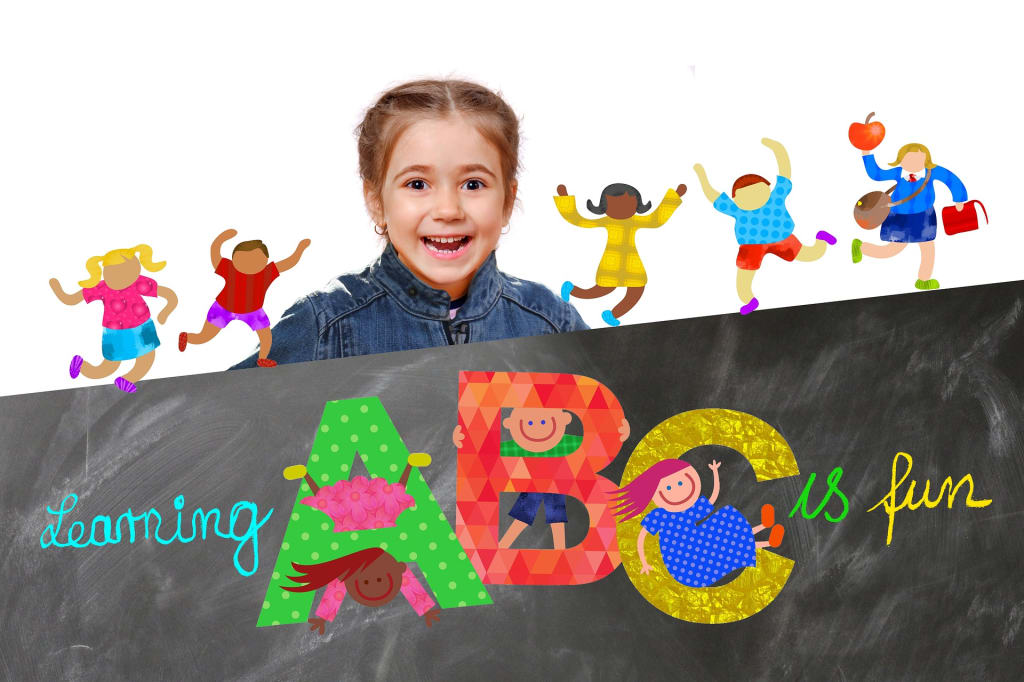Why Are Nursery Rhymes Important for Pre-schoolers?
Unraveling the Magic: How Nursery Rhymes Enrich Pre-schoolers Development

Why Are Nursery Rhymes Important for Pre-schoolers?
Nursery rhymes have been beloved by generations for their whimsical melodies and engaging lyrics, captivating young minds everywhere. But these delightful verses are more than just entertaining; they play a crucial role in a child's development, fostering language, cognitive, social, and emotional skills. In this article, we will explore the significance of nursery rhymes for pre-schoolers and explain how they positively impact children's growth and learning journey.
Enhancing Language Skills
One of the main benefits of introducing nursery rhymes to pre-schoolers is the significant boost they offer to their language development. Children absorb information eagerly at this stage, and nursery rhymes provide an excellent platform for them to learn new words, understand sentence structures, and improve pronunciation.
As pre-schoolers chant or sing along with nursery rhymes, they expand their vocabulary and build a strong foundation for language comprehension. These verses' rhythmic and repetitive nature helps reinforce phonics, making it easier for young ones to identify sounds and syllables, which is essential for becoming proficient readers and communicators.
Stimulating Cognitive Abilities
Nursery rhymes benefit pre-schoolers mentally in various ways. These rhymes' simple yet engaging narratives enhance cognitive abilities such as memory, concentration, and critical thinking. As children memorize and recite these verses, they exercise their memory muscles, which is crucial for academic performance in later stages of life.
Additionally, nursery rhymes often introduce basic mathematical concepts, helping pre-schoolers develop an early understanding of numbers, patterns, and sequencing. These foundational skills lay the groundwork for their future academic success, giving them an advantage as they progress through their education.
Cultivating Creativity and Imagination
Imagination is vital to childhood development, fostering creativity and encouraging innovative thinking. Nursery rhymes serve as a gateway to a world of fantasy and make-believe, where animals talk, inanimate objects come to life, and extraordinary adventures unfold.
When pre-schoolers engage with these imaginative tales, they visualize and create mental imagery, which is crucial for nurturing their creative abilities. Moreover, the playful nature of nursery rhymes encourages children to think outside the box and interpret the stories, further fostering their imaginative capacities.
Building Social and Emotional Skills
Beyond the cognitive and linguistic advantages, nursery rhymes contribute significantly to the emotional and social growth of pre-schoolers. Singing or chanting these rhymes in a group setting promotes a sense of camaraderie and cooperation among children as they enjoy the experience together.
Furthermore, many nursery rhymes carry valuable moral lessons or themes related to emotions, empathy, and friendship. By engaging with these themes, pre-schoolers better understand their feelings and emotions, along with learning valuable life lessons that help shape their moral compass.
Strengthening Bond with Caregivers
Nursery rhymes often become a cherished bonding experience between pre-schoolers and their caregivers. Whether it's parents, grandparents, or teachers, singing or reciting nursery rhymes together fosters a strong connection and trust.
This shared experience allows children to feel loved, secure, and supported, which is essential for their overall emotional well-being. Additionally, caregivers can use nursery rhymes to create a positive and fun learning environment where children feel encouraged to explore and express themselves freely.
Encouraging Physical Development
Nursery rhymes aren't merely confined to the realms of language and emotions; they also play a role in supporting physical development. Action songs and finger rhymes, where children mimic specific movements while reciting the verses, help enhance motor skills and hand-eye coordination.
Pre-schoolers strengthen their muscles, improve balance, and develop spatial awareness through these interactive rhymes. Combining physical movements with language learning creates a holistic approach to development, nurturing both the mind and body of young learners.
Conclusion
In conclusion, nursery rhymes hold a special place in pre-schoolers hearts and remain a fundamental aspect of early childhood education. The benefits they offer regarding language development, cognitive stimulation, creativity, emotional growth, and physical advancement are undeniable.
As caregivers, educators, and society, it is crucial to recognize and preserve the significance of nursery rhymes in the lives of children. By incorporating these delightful verses into their daily routines, we provide pre-schoolers with a wealth of opportunities for learning and growth, setting them on a bright and fulfilling future.
About the Creator
Ahmed Ziaus Salam
Motion Graphics Designer and Writer.
Enjoyed the story? Support the Creator.
Subscribe for free to receive all their stories in your feed. You could also pledge your support or give them a one-off tip, letting them know you appreciate their work.






Comments
There are no comments for this story
Be the first to respond and start the conversation.